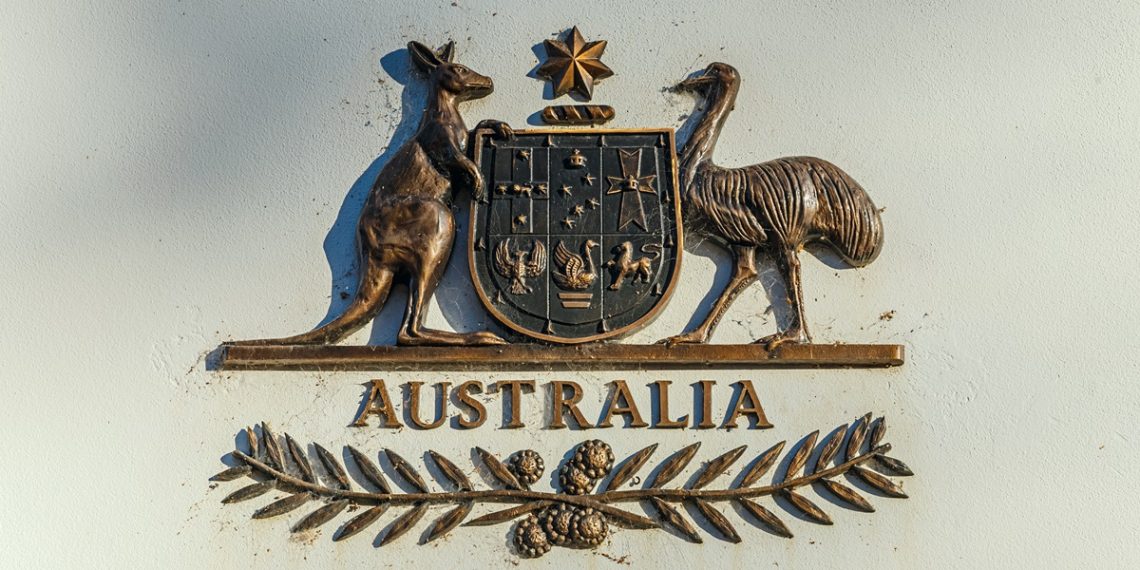In a noteworthy move, Australia has classified nickel as a critical mineral, granting the rocky industry access to billions of dollars’ worth of government loans. The list now includes some 30 minerals or groups of minerals covering commodities necessary to the country.
Resources minister Madeleine King acknowledged the challenges faced by the nickel industry, citing the dropping nickel price and market surplus in her reasoning. The decision aims to support the sector, which has been grappling with a 40% decline in prices in part due to increased supply from Indonesia.
“The international nickel price is forecast to stay relatively low through 2024, and likely for several years to come until the surplus of nickel in the market is corrected,” Minister King said. “In the meantime, this puts further Australian nickel operations at risk.”
King added, “Given impacts to our domestic capacity and noting the broader market developments presently unfolding in the nickel sector, I am fully convinced that we must be proactive in addressing the recent developments, including by adding nickel to the Critical Minerals List.”
By listing nickel, companies in the sector will now have access to financing through the government’s Critical Minerals Facility. This facility offers low-interest loans, as well as related grant programmes, providing much-needed support for Australian nickel producers.
The nickel industry’s struggles were underscored by BHP’s recent announcement that it is considering putting its Nickel West division on care and maintenance, accompanied by a US$2.5B writedown. The closure of several nickel operations this year has heightened concerns about the future of the industry.
Glencore, Australia’s second-largest nickel producer, expressed deep concern over the recent closures and nickel-related announcements, emphasizing the need for a comprehensive government policy response to support the sector during these challenging market conditions. The closures have not only affected the direct workforce but also impacted contractors and their employees, further exacerbating the industry’s plight.
However, minister King highlighted ongoing discussions with counterparts in the US, Canada, and the European Union to ensure that the high standards applied in Australian mining and nickel production are reflected in future pricing on international markets.
The aim is to create a level playing field where Australian resources have a fair chance to compete. Australia’s ambition to build a battery chemicals industry to extract more value from its mineral wealth remains intact.
By providing support to the struggling nickel sector, the government aims to drive the domestic development of clean energy technology while ensuring sustainable and ethical production practices. The move to classify nickel as a critical mineral and offer financial assistance demonstrates the government’s commitment to supporting the industry and safeguarding jobs.
With access to funding and supportive measures, Australian nickel companies are better positioned to compete globally and contribute to the country’s resource-driven success.












